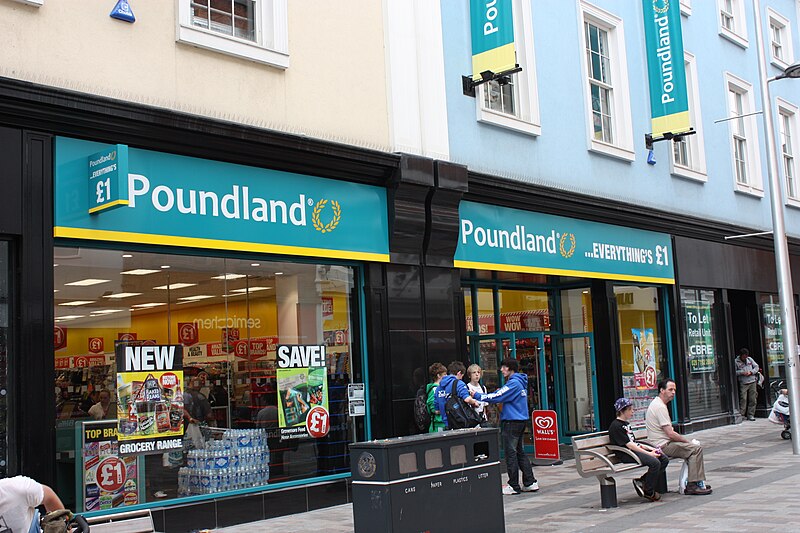
Pepco Group, the owner of Poundland in the UK, has made an agreement to take over the leases of nearly 71 Wilko stores. This move comes after Wilko, a longstanding
discount retailer, fell into administration in August due to financial struggles and substantial losses. Pepco Group plans to rebrand these stores under the Poundland name, bolstering its presence in the retail market.
The decision to acquire these stores is seen as a strategic one by Poundland's boss, Barry Williams. He acknowledged the challenges faced by Wilko workers in recent weeks and expressed the company's commitment to providing job opportunities for them. According to Poundland, Wilko employees will be given priority when applying for positions at the rebranded Poundland shops.
Wilko, which was founded in 1930, had been one of the UK's fastest-growing retailers by the 1990s. However, it has faced stiff competition from rivals like B&M, Poundland, and Home Bargains. The high cost of living has driven consumers to seek out bargains, intensifying competition in the discount retail sector.
The first round of Wilko store closures has already begun, following failed attempts by administrators PwC to secure a buyer for the majority of the business. To address the situation, Poundland intends to collaborate with landlords in the coming weeks to expedite the reopening of these stores under its brand.
Poundland has been undergoing a transformation in recent years, expanding its offerings to include chilled and frozen foods, as well as clothing. This diversification aims to enhance the company's appeal and competitiveness in the retail market.
While Poundland's acquisition of these Wilko stores represents a positive development for customers and the preservation of jobs, it also underscores the changing dynamics of the retail sector. Many Wilko stores are located in traditional town centers, which have faced challenges due to evolving consumer preferences. The pandemic has accelerated a shift towards larger retail parks and out-of-town options, creating further challenges for high street locations.
Independent retail analyst Maureen Hinton noted that one of Wilko's issues was the limited accessibility of its stores, especially for shoppers who do not have access to cars. This challenge has made it difficult for customers to transport bulky products from high street stores, where parking and vehicle access may be restricted.
In addition to Pepco Group's acquisition, rival B&M has also entered the fray by purchasing 51 of Wilko's buildings in a £13 million deal. However, it is anticipated that B&M will not continue operating these stores under the Wilko brand.
In total, the transfer of these 71 shops to Pepco Group and the 51 stores to B&M will impact approximately 3,200 Wilko employees. While the Poundland owner expects to rebrand these stores and have them operational by year-end, workers will not be transferred directly.
This acquisition will enable Poundland to expand its reach, adding the Wilko sites to its existing network of 800 shops in the UK. The move reflects Poundland's commitment to adapt to changing consumer preferences and strengthen its position in the retail market. Photo by Ardfern, Wikimedia commons.


































